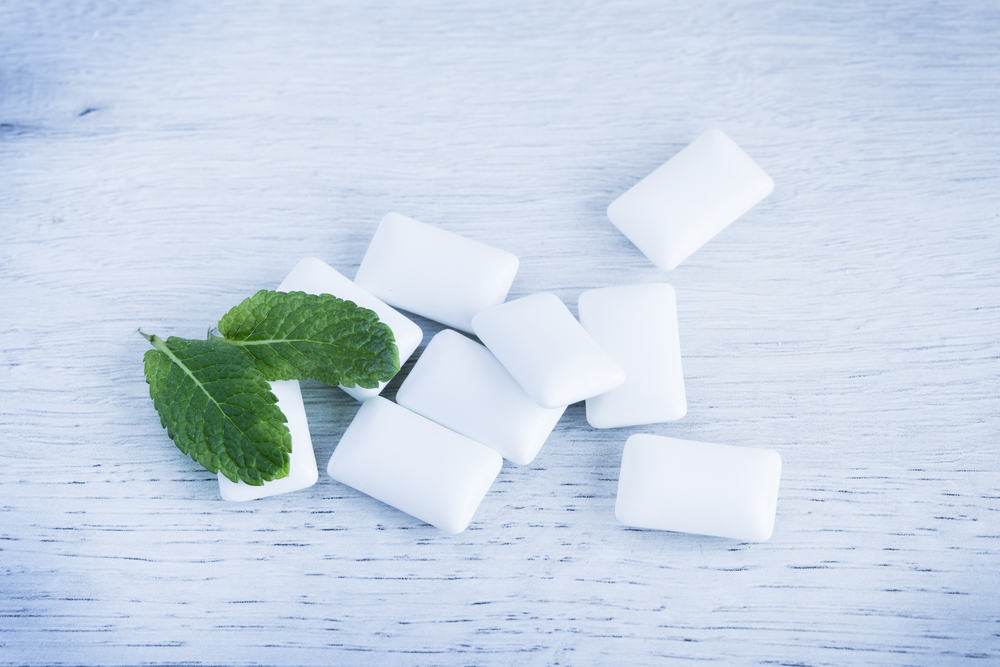Contents:
- Medical Video: BEWARE: Toxic Substances
- What are the causes of iron poisoning?
- 1. Overdose
- 2. Excess iron levels
- 3. Genetic factors
- Symptoms of iron poisoning are based on time stages
- 1. Stage 1 (0-6 hours)
- 2. Stage 2 (6-48 hours)
- 3. Stage 3 (12-48 hours)
- 4. Stage 4 (2-5 days)
- 5. Stage 5 (2-5 weeks)
- How do doctors diagnose iron poisoning?
- How to deal with iron poisoning?
- What can be done to prevent iron poisoning
Medical Video: BEWARE: Toxic Substances
Iron is one of the important nutrients involved in the metabolic process and forms hemoglobin, a protein in red blood cells that carries oxygen to the body's organs and tissues. If you don't have enough daily iron intake, you will easily feel tired and fall ill. However, iron poisoning can occur when iron accumulates too much in the body - whether intentional or not. Iron poisoning is a medical emergency and is very dangerous, especially in children. The toxic effects will get worse over time and can lead to death.
What are the causes of iron poisoning?
There are several things that can cause iron poisoning, including;
1. Overdose
Acute iron poisoning usually results from accidental overdose. Most of these cases occur in children under 5 years, because they accidentally take iron supplements or adult multivitamins.
2. Excess iron levels
Excess iron in the body is also known as chronic iron poisoning. The causes include repeated blood transfusions to treat anemia, excessive iron therapy (either intravenously or with supplements), and liver diseases such as chronic hepatitis C or alcoholic hepatitis.
3. Genetic factors
Excessive iron levels can occur naturally due to certain diseases. One example is hereditary hematochromatosis, which is a genetic condition that causes unnatural absorption of iron from food.
Symptoms of iron poisoning are based on time stages
Iron toxicity will usually cause symptoms within 6 hours after an overdose and can affect various different parts of the body, such as the respiratory tract, lungs, stomach, intestines, heart, blood, liver, skin, and nervous system.
The symptoms can be divided into five stages:
1. Stage 1 (0-6 hours)
Symptoms can include vomiting, diarrhea, abdominal pain, anxiety, and drowsiness. In serious cases it may cause rapid breathing, palpitations, fainting, seizures, and low blood pressure.
2. Stage 2 (6-48 hours)
The general symptoms of the first stage will get worse.
3. Stage 3 (12-48 hours)
Further symptoms that may occur are shock, fever, bleeding, jaundice (changes in skin color / part white to yellow), liver failure, excess acid in the blood, and seizures.
4. Stage 4 (2-5 days)
Symptoms can include liver failure, bleeding, blood clotting disorders, breathing problems, and even death. Other symptoms that may occur include decreased blood sugar levels, decreased consciousness, or coma.
5. Stage 5 (2-5 weeks)
Formation of scar tissue in the stomach or intestine, causing blockage of the digestive tract, stomach cramps, pain, and vomiting.
How do doctors diagnose iron poisoning?
Early diagnosis and treatment are very important. Blood and urine tests, including tests to check iron levels must be done quickly in order to give the right results. The diagnosis of iron poisoning is usually based on medical history, current symptoms, acidity in the blood, and the amount of iron in a person's body.
In order for a doctor to make a diagnosis, you need to tell the doctor about any medications and supplements you are currently taking, including non-prescription drugs, herbal supplements, and vitamins. As much as possible open up to as much detail as possible with the doctor about what you consume. Some supplements, such as vitamin C supplements, can increase the absorption of iron in the body. Pills or supplements that cause iron poisoning can sometimes also be seen with an x-ray examination.
How to deal with iron poisoning?
The first step of iron poisoning is to stabilize the body's conditions, including respiratory problems and blood pressure. Treatment will then depend on the severity of the symptoms, for example the doctor can cleanse the digestive tract by irrigation to get rid of excess iron as soon as possible so as to reduce the toxic effects on the body.
Heavier poisoning requires intravenous iron chelation therapy. Iron flatfoot therapy uses chemicals that can bind iron in cells and remove it from the body through urine.
If you suspect your child has accidentally swallowed an iron supplement, call your doctor immediately or take your child to an emergency department.
What can be done to prevent iron poisoning
You can prevent iron poisoning in your child by storing drugs or iron supplements in a place that your children cannot reach and also tell your child that unknown drugs or supplements are not sweets and can be harmful to the body.












